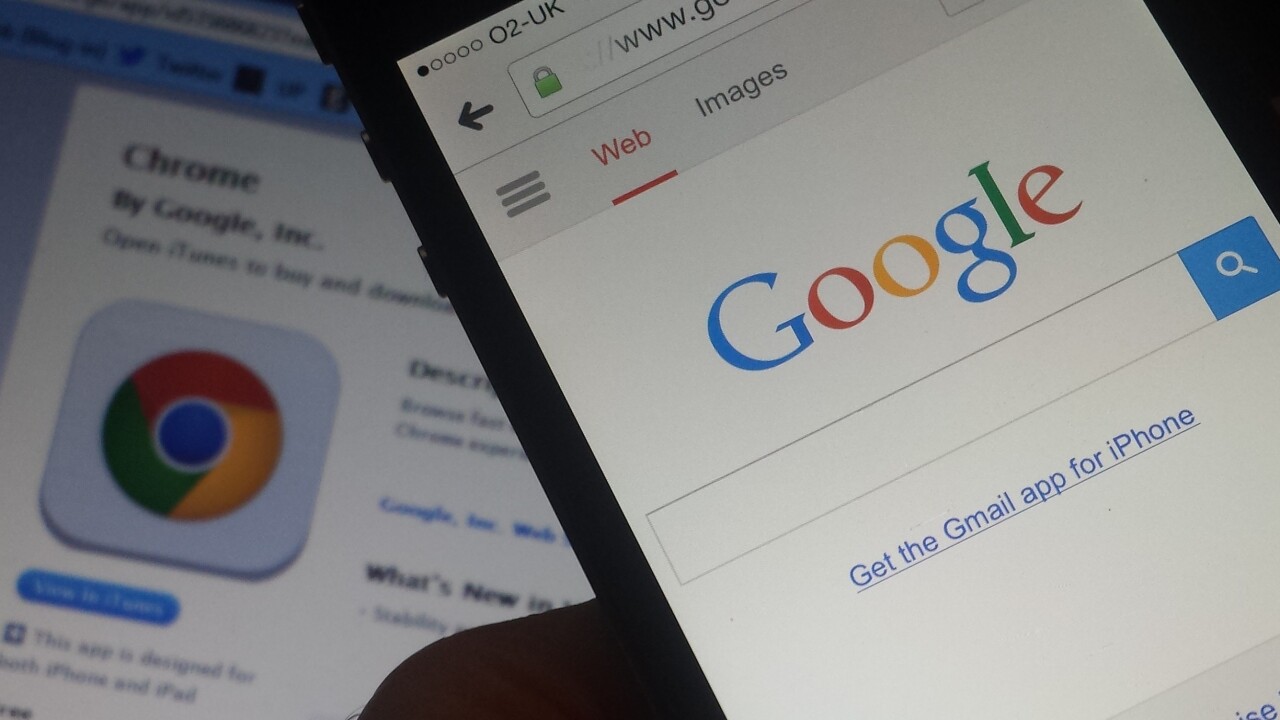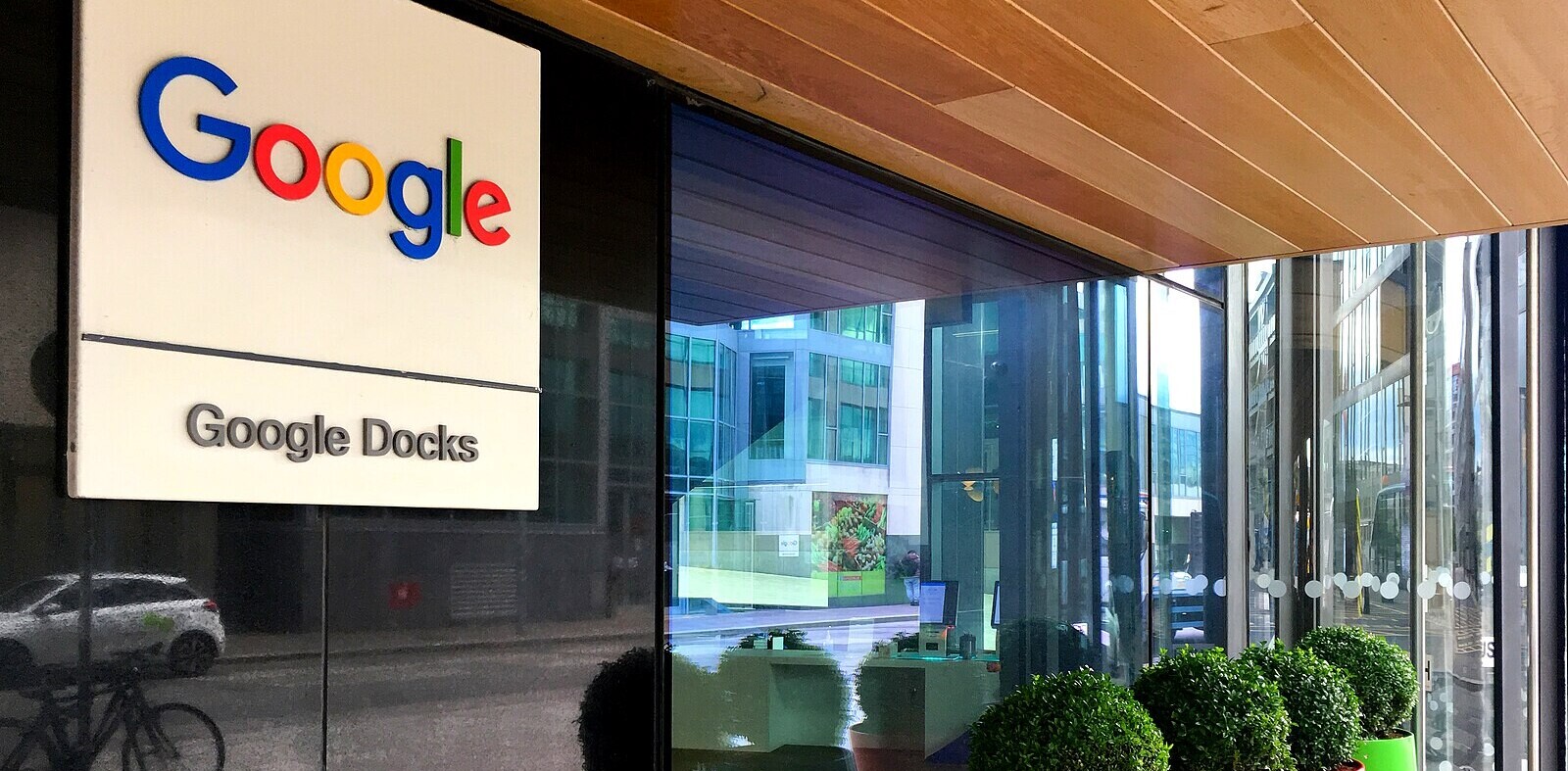
In the wake of the landmark EU ruling back in May, stipulating that individuals should have the right to be forgotten by removing outdated information about themselves from search engine results, Google was soon inundated with takedown requests, a process that finally started creaking into action just last week.
Perhaps one of the most notable facets of the ruling has been Google’s reaction to it. Granted, there wasn’t much in the way of a right to appeal in the European Court of Justice, and Google did make it clear it was opposed to the ruling, but there wasn’t the degree of protest one might’ve expected around what was basically a game-changing, internet-altering ruling.
Google launched a takedown form for members of the public to request the removal of links to any information they want ‘hidden’, and it’s fair to say there has been a flurry of submissions, with 70,000 requests made so far. One of the highest-profile removals was brought to light this week by BBC Economics Editor Robert Peston, who asked: Why has Google cast me into oblivion?
The issue? The BBC had received this notification:
“Notice of removal from Google Search: we regret to inform you that we are no longer able to show the following pages from your website in response to certain searches on European versions of Google:
http://www.bbc.co.uk/blogs/legacy/thereporters/ robertpeston/2007/10/merrills_mess.html“
By way of a quick recap, the story was about Stan O’Neal, a former CEO at investment bank Merrill Lynch, who was forced out in the wake of the bank’s substantial losses due to “reckless investments”.
However, the article in question isn’t hidden from Google for most of the key search terms – it transpires that it’s only when the name of someone who posted a comment is used in the search, is the article obscured. In other words, the request to ‘hide’ the article wasn’t made by Stan O’Neal or even Merrill Lynch itself, but from a member of the public who didn’t want their name showing up against this article in search results.
In a statement, the BBC said:
“We’re surprised that this is the outcome of the ECJ (European Court of Justice) ruling and concerned at the implications of the removal from search of this type of material.”
The BBC isn’t alone. The Guardian too has had a number of articles ‘hidden’ from Google, again with notifications issued informing the publication that some of its articles where to be hidden from ‘certain searches’.

Like Biff Tannen?
Google has been relatively quiet and compliant with the ruling (as it has to be), but the accusations it’s now facing is that it’s deliberately trying to create a fuss, garner public attention, and somehow reverse the initial ruling. Google doesn’t want to be the internet’s watchdog or censor – it’s a headache it could do without. But with its actions so far, it’s like it’s taking a Biff Tannen-esque approach to compliance: ‘You want this? You WANT US TO CENSOR CONTENT? HERE, GO GET IT.’
That is how it’s starting to seem from the outside. A very deliberate, calculated response by Google to get people on-side and realize what a censored Google really means.
BBC Radio 4’s Today program managed to nab Peter Barron, Google’s head of communications for EMEA, as a guest earlier today. And it’s really the first time Google has spoken openly about these most recent incidents, and also how it’s tackling the mammoth task on the whole. Here’s what he had to say.
So, it’s true that Google doesn’t like the ruling, right?
“That’s right. The European Court of Justice ruling was not something that we welcomed or wanted. But it is now the law within Europe, and we’re obliged to comply with that law.”
But is Google being deliberately over-zealous with its approach to ‘hiding’ articles?
“Absolutely not. We are aiming to deal with it as responsibly as possible. As you mentioned, we’ve had more than 70,000 requests so far, and that’s a huge task. In most cases, we’ve had about four web pages per request. That’s something like 250,000 requests to remove content. It’s a very big process, it’s a learning process for us, we’re listening to the feedback, and we’re working our way through that.”
But what about Robert Peston’s blog being removed as a result of particular searches. That page is very much in the public interest?
“Absolutely, it’s very much in the public interest, and it’s an interesting case this. At first, Robert thought that the complainant might be Stan O’Neal, the banker involved, but if you do a search for Stan O’Neal the story appears, and if you do a search for Meryl Lynch Banker the story appears. Robert deduced that something strange must be going on here. It actually relates to a comment from an ordinary member of the public, who left a comment on Robert’s blog, maybe something embarrassing, he then contacted Google to have that page removed.”
To reiterate, the only way Peston’s blog post would be hidden is if the search result includes a very specific commenter’s name. The BBC was notified that some searches would be hidden, but Google couldn’t reveal specifically why.
“We need to balance the need for transparency with the need to protect people’s identity as well. In all the cases where we remove content, we let the webmaster of the site know that we’ve removed content.”
Okay. But why should someone who puts a comment on a public board have the right to have it removed?
“That is the terms of the ruling – the ruling says that an ordinary member of the public, not a public figure, can ask for information on them online to be removed if it is irrelevant or out-of-date. That is a task that we have been asked to adjudicate on, we have a very large backlog of cases to work our way through. These are difficult judgements, we have to balance a whole range of things – free expression, privacy, and the public interest.”
So this is basically just like Photoshopping the Web, with users able to erase their history?
“This is new territory for us all, we opposed the ruling, there is no right of appeal in the European Court of Justice, but we think it’s important to have a public debate about this. It’s a very, very important issue for the future of privacy, free expression, and indeed journalism. We’ve assembled a committee of experts, people involved in those fields, to help us wrestle with some of these issues for the future.”
So everything that’s happened this week serves your purposes, as it highlights the difficulties you face?
“It’s been a lively issue this week, shall we say, but actually if you look at it, the material that has been removed, certainly in the case of the Stan O’Neal blog, was very much in line with the ruling. It was an ordinary member of the public.”
Okay… so is this law workable?
“It’s early days, we’re just into this process of working through the removal requests, it’ll be great to have a proper debate on it. It’s clearly a difficult process, we are comitted to doing it as responsibly as we possibly can, and we are learning as we go. I’m sure we’ll get better at it, we’re very keen to listen to the feedback.”
Stirring a debate
While Google clearly can’t, or won’t, reveal whether it has deliberately been over-zealous with its compliance on removal requests, there’s little question that the ones that have surfaced this week are cause for concern if this is to set a precedent. Barron says that Google wants to have a proper debate on it, and that is exactly what it has achieved here.
Not only does Google have its work cut out for itself with the sheer number of requests it’s receiving, but if things remain on the current trajectory, there will surely be another EU intervention at some stage, or at least a clarification, on the kinds of links that should be removed from search engines.
Get the TNW newsletter
Get the most important tech news in your inbox each week.





